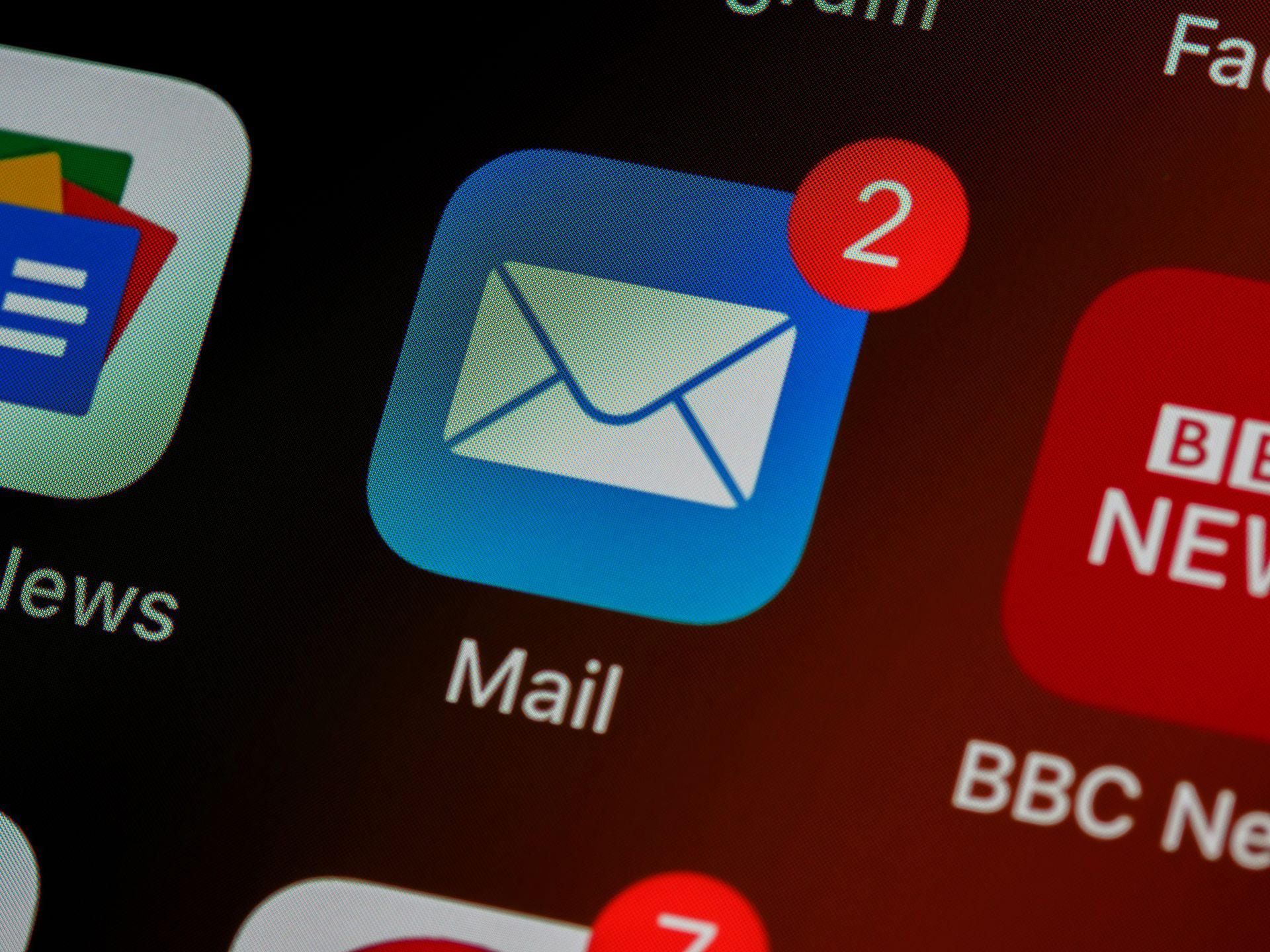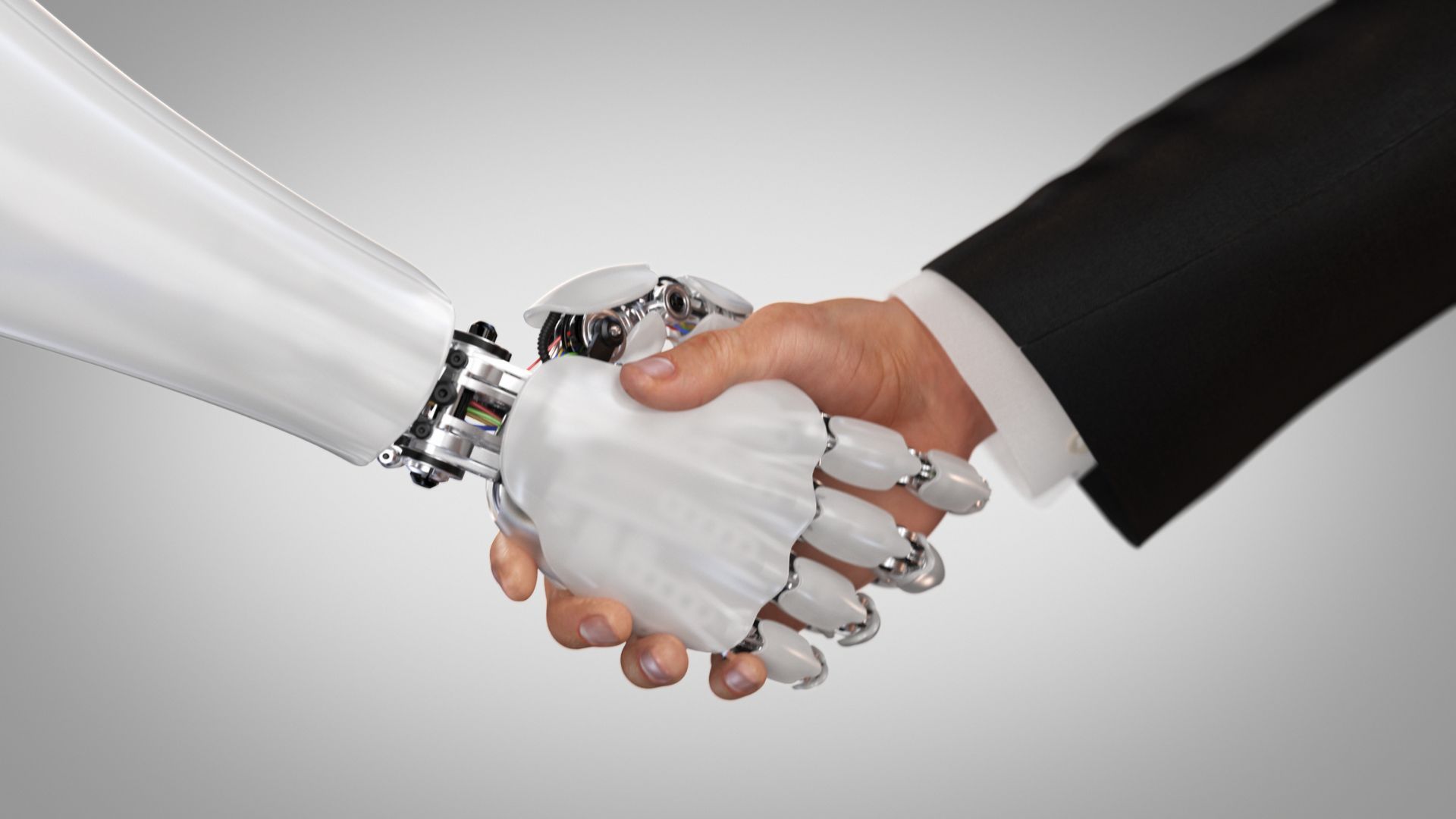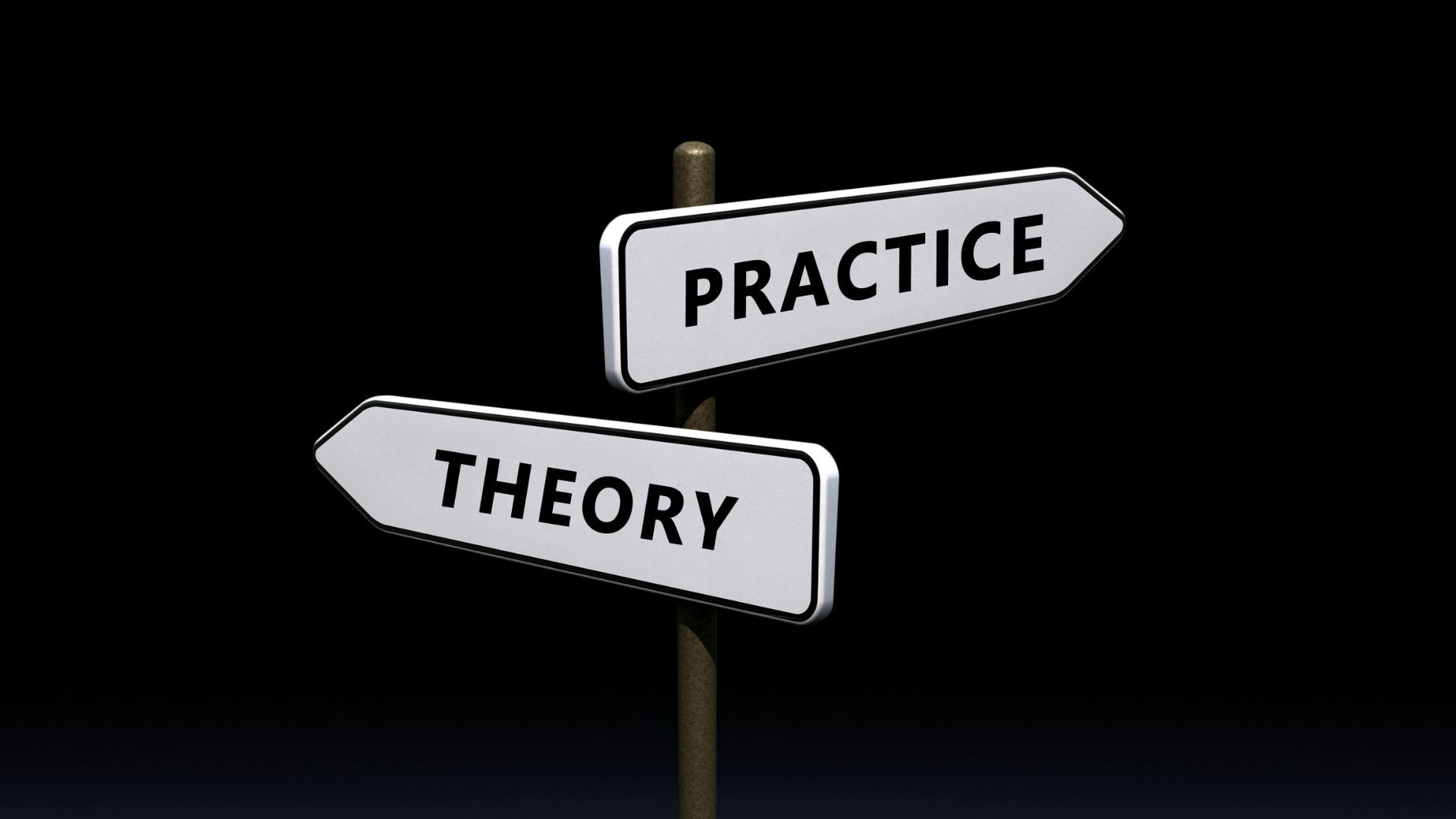Break the E-Mail Chain for unplugged productivity and a better culture

Break the E-Mail Chain for unplugged productivity and a better culture
I have a love/hate relationship with online messaging. I love a good meme; I have multiple conversations with the same person going on different platforms at times and it’s been an amazing way to engage with friends and family overseas/ interstate. But the volume of messages across the many platforms and then the back and forth can be too much sometimes! I often find myself thinking “Why isn’t this just a conversation instead of a continual back and forth over text/ email/ insert whichever of the million digital communication platforms you prefer?”. It seems to be infecting our lives personally and professionally, more than ever since WFH became a norm during the pandemic.
Sure, some conversations are about as fun as stepping on LEGO. No one wants to be on the receiving end of a breakup text or having the tone of a written conversation be misinterpreted and completely blown out of proportion… but there is always something to be gained from them.
A friend came to me recently about a meeting they had with their HR department about why they weren’t getting more shifts. They told me HR brought up that the friend sent an email to a couple of the seniors about some issues in workflow and when they went unanswered within a short timeframe this person escalated to HR. My question to them was “Did you try to talk to them either face to face or on the phone about it first”. Now, this friend doesn’t pick up the phone but will communicate all day long by text (thank God for muting conversations!), so I wasn’t entirely surprised when the answer was a flat “No, why would I do that.” What did surprise me was that this preference to text translated to the workplace and they didn’t understand why I thought they had done the wrong thing by not having a conversation.
We’ve all been guilty of hiding behind a text from time to time and who doesn’t love a good meme or some banter to add some excitement to the day? For me personally, I know I can get flustered in getting my point across, so when dealing with conflicts it can help me to note things for clarity either before or after a conversation. But there is so much to be gained from having “the talk”, from both a professional and personal point of view.
Resolution at the Source: A conversation allows you to address the issue directly with the person involved, giving them an opportunity to explain their perspective and work together towards finding a resolution. Many misunderstandings and conflicts can be resolved at the source through open communication.
Clarification of Misunderstandings: Sometimes, conflicts arise due to miscommunication or misunderstandings. By talking with the individuals involved, you can clarify any misconceptions and gain a better understanding of their intentions.
Building Empathy: Engaging in a conversation can foster empathy between the parties involved. It allows them to see each other's point of view, which can lead to a more constructive and empathetic approach to resolving the issue.
Maintaining Positive Relationships: Escalating a matter to HR or management can often be perceived as confrontational, which may strain relationships and create a tense work environment. Having a conversation first demonstrates a willingness to work things out collaboratively and helps maintain a positive atmosphere.
Informal Resolution: Many workplace issues can be addressed informally, without the need for HR intervention. A conversation can lead to a quicker and less formal resolution, saving both parties and HR time and resources led to a quicker and less formal resolution, saving time and resources for both parties and HR.
Escalation as a Last Resort: HR should be involved when a situation cannot be resolved through direct communication or when it involves serious misconduct. By attempting a conversation first, you demonstrate that you have exhausted all efforts to resolve the matter before involving higher authorities.
Demonstrating Professionalism: Addressing concerns with the person involved shows professionalism and a commitment to problem-solving. It also reflects positively on your willingness to collaborate and seek solutions constructively.
Building Trust: Engaging in open and honest dialogue builds trust among colleagues. It encourages transparency and reinforces the idea that issues can be discussed openly without fear of retaliation.
Learning Opportunities: Conversations provide valuable learning opportunities for both parties. They can help identify areas for personal growth and development, fostering a culture of continuous improvement.
Sometimes we must face awkwardness, like explaining why we sent that "dad joke" to our boss instead of our best friend, but within these brave conversations lies the power to mend misunderstandings, cultivate empathy, and build bridges between colleagues. So, the next time you find yourself lost in the labyrinth of back-and-forth messages, take a deep breath, and remember the magic of "the talk." Embrace the power of conversation, and may your workplace be a haven of open dialogue, trust, and endless opportunities for growth. Cheers to talking it out and embracing the hilarious, sometimes chaotic, world of workplace communication!
Find the job you love I Find the right talent
Get in touch with people2people
Australia
I
United Kingdom
In business since 2002 in Australia, NZ, and the United Kingdom, people2people is an award-winning recruitment agency with people at our heart. With over 12 offices, we specialise in accounting and finance, business support, education, executive, government, HR, legal, marketing and digital, property, sales, supply chain, and technology sectors. As the proud recipients of the 2024 Outstanding Large Agency and Excellence in Candidate Care Awards, we are dedicated to helping businesses achieve success through a people-first approach.
Recent articles





Latest Media Features
List of Services
-
11 tips for employers to succeed in 202511 tips for employers to succeed in 2025
Human Resources Online
February 14, 2025 -
How will advisers’ salaries change this year?How will advisers’ salaries change this year?
Money Management
Janurary 17, 2025 -
Being a supportive employer in 2025Being a supportive employer in 2025
Money Management
January 6, 2025
List of Services
Get in touch
Find out more by contacting one of our specialisat recruitment consultants across Australia, New Zealand, and the United Kingdom.
Copyright © 2025, people2people
people2people acknowledges the Traditional Custodians of country, pays respect to their Elders past and present, and extends that respect to all Aboriginal, Torres Strait Islander and Māori peoples today.
people2people partners with CarbonInvoice to measure and mitigate any carbon emissions associated with the work we do.
Specialisations
Locations
Resources


